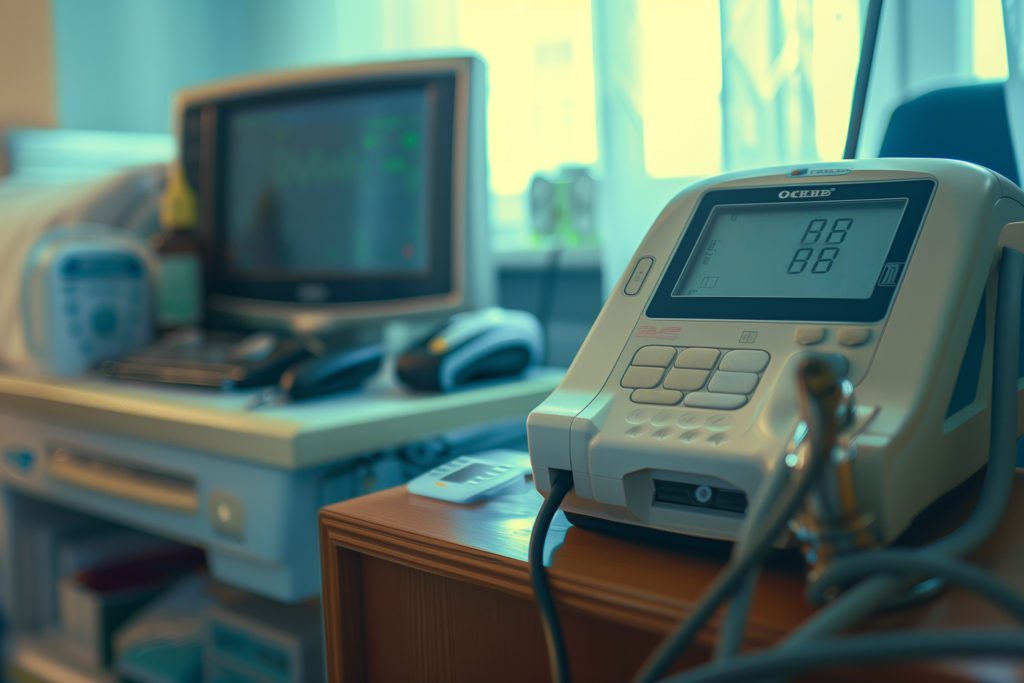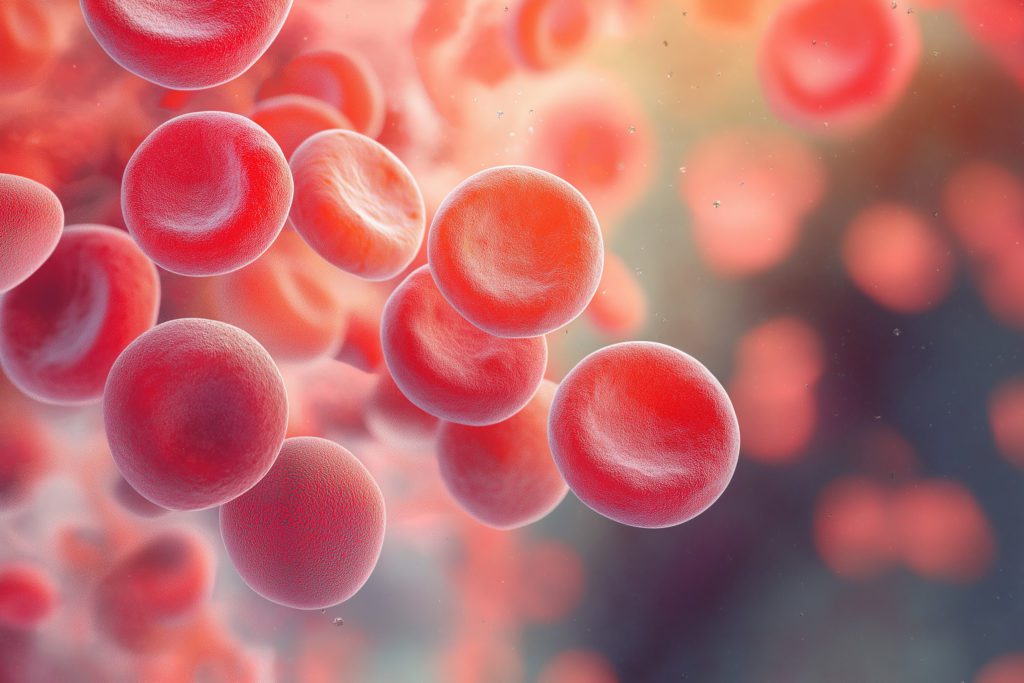
The Basics of Sleep Apnea: Symptoms, Causes, and Treatments
Do you have sleep apnea? If you do, you’re not alone. Read on to discover the causes, symptoms, and treatment options for this prevalent sleep disorder.

Are you snoring loudly and waking up feeling tired, even after what you think is a long, restful night’s sleep? If so, you might have sleep apnea. Derived from the Greek word meaning “breathless,” sleep apnea causes you to stop breathing temporarily in your sleep. While it is not life-threatening, it can lead to worse conditions that can hurt your well-being.
If you’re curious to learn more about sleep apnea, including its symptoms, causes, and treatments, then read on. In this article, we’ll first explore the types of sleep apnea and how it occurs, as well as the symptoms next. From there, we will dive deep into the causes of sleep apnea. Finally, we’ll end with treatment options, so you’ll have some ideas of how to treat this concern.
Defining Sleep Apnea and Its Various Types
Sleep apnea is a sleep disorder where you’ll find consistent stoppage and starting of your breathing. There are three kinds of sleep apnea that you’re likely going to see when you search for more information about this sleep disorder online:
- Obstructive Sleep Apnea (OSA) is most common, affecting 17% of women and 34% of men in the United States. It is usually characterized by how the throat muscles relax and then stop airflow from the throat to the lungs.
- Central Sleep Apnea (CSA) is distinct from OSA because, in this case, the brain fails to send the proper signal to the throat that controls breathing, leading to the symptoms that we will explore in the next section.
- Treatment-Emergent Central Sleep Apnea is also referred to as complex sleep apnea. This happens when someone has OSA, but then this becomes CSA while getting treated for OSA. In other words, if you experience sleep apnea while being treated and it becomes a brain signal issue, then you develop complex sleep apnea.
Symptoms of Sleep Apnea
You might be surprised that there is a whole range of symptoms that you might experience with sleep apnea. No matter what type you have, you are likely to encounter the following symptoms that are a sheer sign of this disorder:
- Snoring regularly
- Daytime sleepiness
- Dry mouth or sore throat upon waking
- Waking up suddenly after choking or gasping for air
- Symptoms of depression or anxiety
- Occasional night sweats
- Frequent headaches
- Frequent need to urinate at night
- Difficulty concentrating
- Frequent forgetfulness
- Sour mood or crankiness
- Restlessness or multiple sleep disturbances
- Sexual dysfunction
- Insomnia
The above symptoms are common in adults with sleep apnea, but children can also present signs of this sleep disorder. Here are some common symptoms that children with sleep apnea often present:
- Hyperactivity or potential ADHD symptoms
- Loud snoring
- Frequent bedwetting
- Frequent limb movements while sleeping
- Unusual sleeping positions
- Heartburn or night sweats
If you don’t notice these, don’t worry—most people who have sleep apnea are actually first told about these symptoms by their partners. So, if you find your partner telling you about a few of these symptoms that they are noticing, it might be time for you to be evaluated. However, what causes sleep apnea? According to research, there are some common and uncommon reasons why people develop this disorder.
Causes of Sleep Apnea
For those who struggle with sleep apnea, there are several causes that can contribute to this sleep disorder. There is no one single cause of sleep apnea, but rather several factors that could be causing the disordered breathing and sleep disturbances. For those with OSA, the reason that this condition occurs is because the muscles in the head relax so much that your tissues press on your windpipe, which makes it difficult to breathe.
If you have central sleep apnea or CSA, then the causes are not rooted in your throat but in your brain. Interestingly, the causes of your sleep apnea become even more diverse with CSA, including potential challenges like heart failure, low blood oxygen levels or hypoxia, nervous system damage, CPAP usage, and even ALS or Lou Gehrig’s disease (Source: Cleveland Clinic). If you have complex sleep apnea, you can expect a combination of symptoms, making it even harder to treat.
Fortunately, despite the challenges that you might face with sleep apnea, you can treat it. Let’s explore some of the most common treatments, even how they can improve your sleep health while managing this disorder.
Treatment Options for Sleep Apnea
There are several treatment options that you can use to help alleviate your sleep apnea so you can get better rest. Many people, regardless of their sleep apnea type, find that CPAP machines are the most beneficial. In fact, one study showed that those with OSA actually experienced reduced adverse outcomes, reduced snoring, and helped with daytime sleepiness and mood (Source: PubMed). However, here are some other common treatment options you might try:
- Lifestyle Changes: Depending on your situation, a medical professional might find lifestyle changes to be the best way to improve your sleep apnea. This might include losing some weight if you are overweight, stopping a smoking habit, or even treating allergies that could be causing sleep apnea.
- Breathing Machines: Much like CPAP, you can use sleep apnea machines like BPAP or APAP to help you get oxygen throughout the night. Another one that you might be prescribed is an adaptive servo-ventilation device or ASV, which can learn your breathing pattern and customize the machine to support you.
- Oral Appliances: The term might sound fancy, but this just indicates a mouth guard for sleep or a tongue-retaining device that helps to keep your throat open. Some of these devices have been proven in some studies to reduce symptoms in up to 92% of all patients!
- Surgery: Considered the last option, surgery is usually only provided as a choice if you have tried every other form of treatment in the previous three months and found no change to your sleep apnea. If you feel you need this, given your situation, it’s best to reach out to your primary care provider to learn more and see if this would be right for you.
Take Steps to Manage Your Sleep Apnea
With an understanding of sleep apnea, including its symptoms, causes, and treatment options, how will you manage your condition? You have all the tools you need to work towards better sleep, get medical treatment if needed, and help others who may also have sleep apnea. For more information on sleep health and how to enjoy restful sleep, visit our website to read more articles on the latest data and research.
FAQ
Can sleep apnea affect mental health?
Yes, untreated sleep apnea can contribute to anxiety, depression, irritability, and memory issues. Poor sleep and low oxygen levels disrupt brain function, impacting mood and cognitive performance during the day.
What’s the difference between snoring and sleep apnea?
Snoring is a common symptom of sleep apnea, but not all snorers have apnea. Snoring becomes a concern when it's loud, frequent, and paired with choking or gasping sounds, which may indicate breathing pauses during sleep.
Can you have sleep apnea without snoring?
Yes. Not everyone with sleep apnea snores. This is more common with central sleep apnea, where the brain doesn’t send proper signals to breathe. Silent apneas may go unnoticed without a sleep study.
Is sleep apnea genetic?
Sleep apnea can run in families due to inherited traits like facial structure, neck circumference, or obesity. Even if lifestyle risks are low, a family history increases your likelihood of developing it.
Can sleep apnea occur in people who are not overweight?
Yes, thin individuals can still develop sleep apnea. Factors like a small airway, enlarged tonsils, or certain jaw shapes can cause airway collapse during sleep, even without excess body weight.
Does alcohol worsen sleep apnea?
Alcohol relaxes the throat muscles and reduces the brain’s response to oxygen drops. This makes apneas more severe and frequent, which is why it’s recommended to avoid alcohol close to bedtime.
Can children have sleep apnea too?
Yes, children can develop sleep apnea, often due to enlarged tonsils or adenoids. Symptoms may include snoring, restless sleep, and behavioral issues. Pediatric sleep studies help confirm the diagnosis and guide treatment.

Written by
Marie Soukup
Marie Soukup is a seasoned copywriter, editor, and Integrative Nutrition Health Coach with a certificate from the Institute of Integrative Nutrition (IIN). With years of experience working with brands across diverse industries, Marie is passionate about holistic health and crafting compelling content.
Download Pillow
Get help
Press & News
Legal
Connect
X (Twitter)
Company
Copyright © Neybox Digital Ltd.



